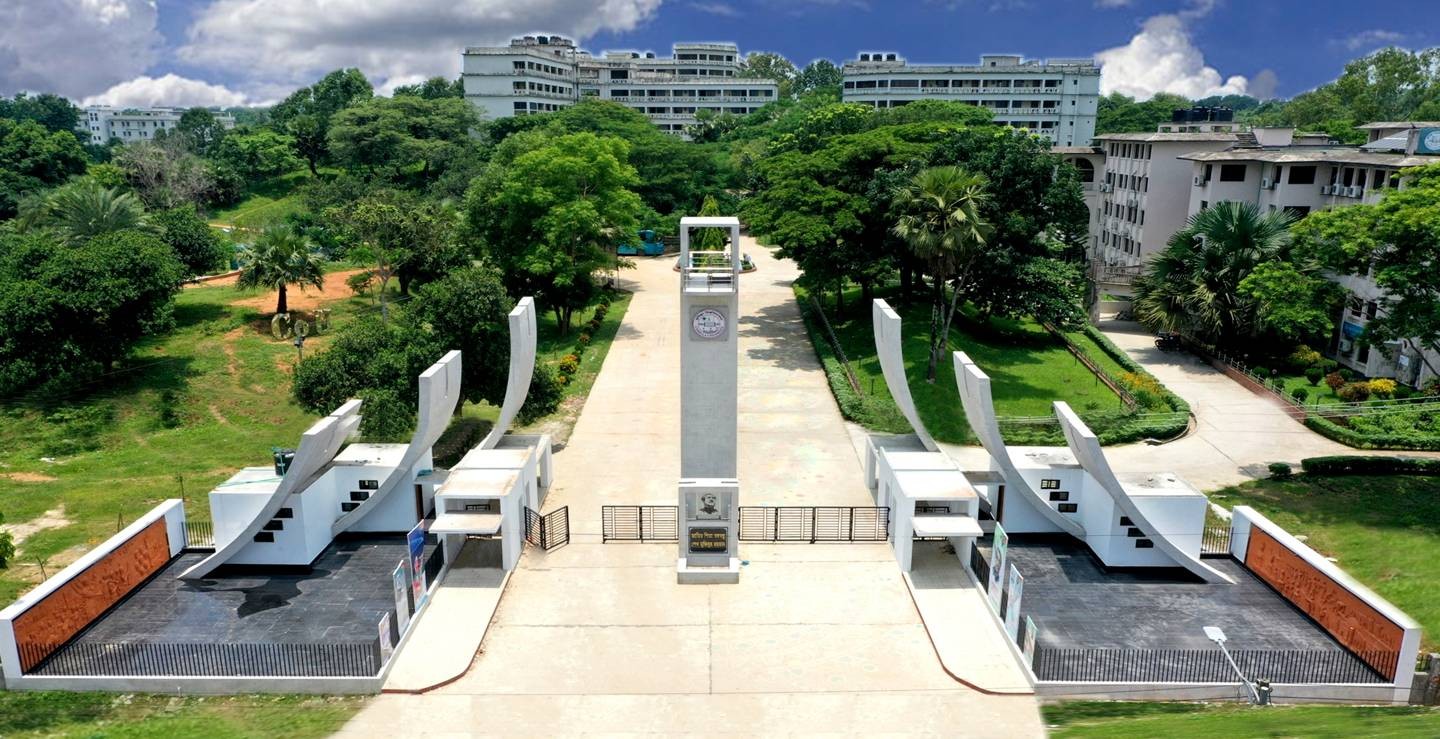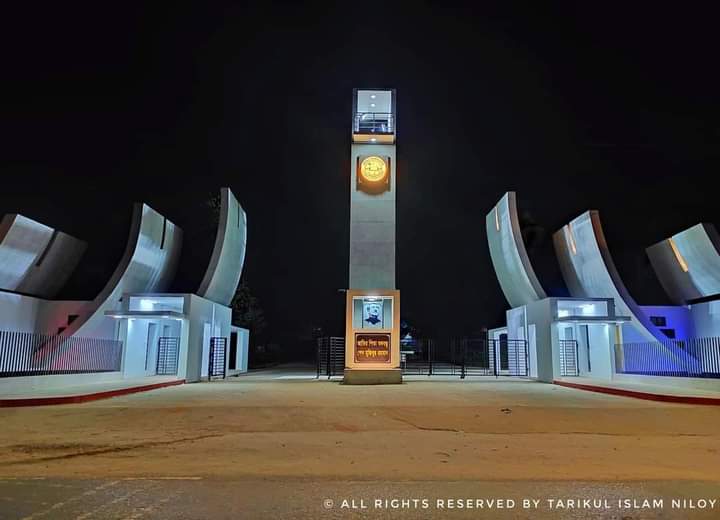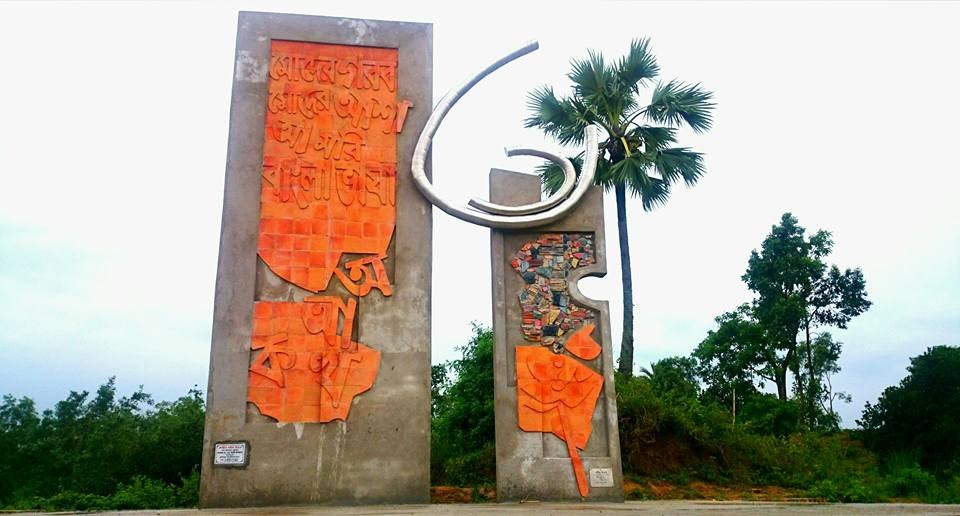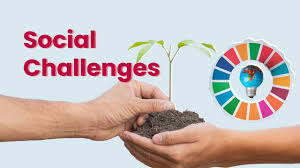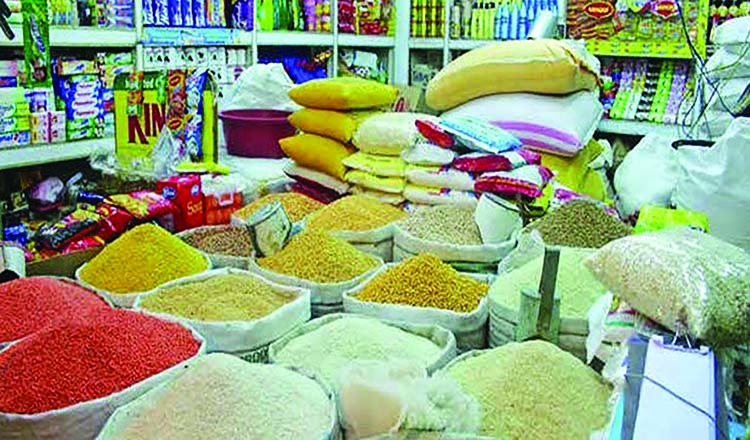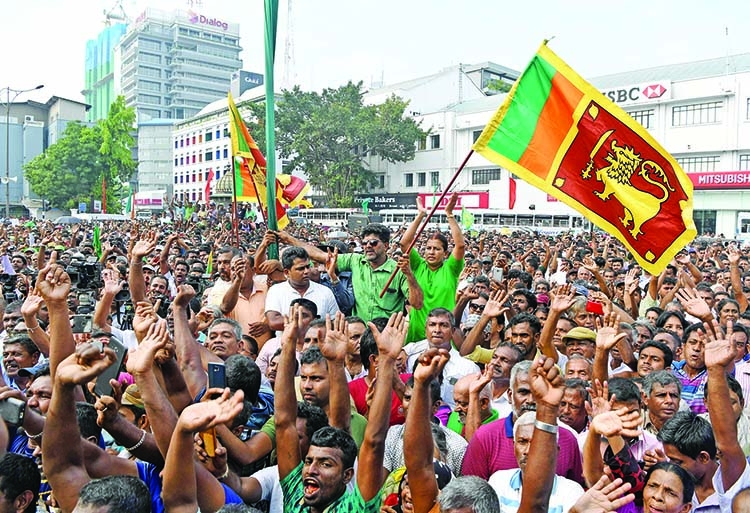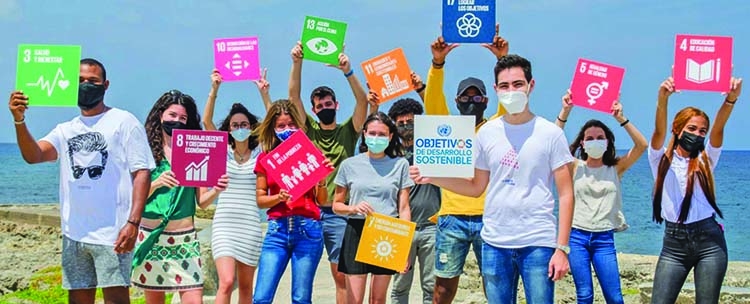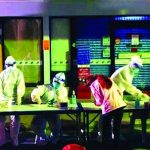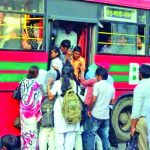By Mohammad Aiat Ullah
Today, social challenges are acting as a serious disease in the whole world. Bangladesh is no exception. Bangladesh also has various social challenges which are acting as a major obstacle to the development of Bangladesh and disrupting the normal life of people. However, these challenges will not continue forever.These challenges have their origins as well as their cures. Generally, the social challenges of different countries are different. Some of the main challenges of Bangladesh and their solutions are discussed below. Overpopulation, Poverty, Illiteracy, Unemployment, Corruption. Drug addiction, Cultural changes are the main problems of Bangladesh.
Overpopulation is a significant problem for any country. If a country’s population exceeds its size, production, or a specific proportional capacity, it creates challenges for the nation in various aspects.According to the Bangladesh Bureau of Statistics (BBS), the population density of Bangladesh is 1,119 people per square kilometer. Bangladesh is the seventh most densely populated country in the world. Where the country only has the 92nd largest land area which means population density is high. Even, Bangladesh’s population density is higher than any other mega country. As of November 16, 2024, the population of Bangladesh is 174,360,750. The population of Bangladesh is expected to increase by 1.01% from 2023 to 2024.
Some solutions to this overpopulation are: Family planning enables individuals to achieve their desired family size, regulate pregnancies, and determine the spacing between them.It also helps people prevent pregnancy through a variety of contraceptive methods and services.If we have enough knowledge about family planning, we will know about the pros and cons of having extra children. So we should have enough Knowledge about family planning.Increasing access to education, especially for women and girls, can help reduce fertility rates. Because they can have complete knowledge about family planning through education.Women who have access to reproductive health services are more likely to break out of poverty and use birth control.And also governments can promote “responsible parenthood” and limit subsidies to the first two children, unless the family is living in poverty.
Poverty is a state or condition in which a person or community lacks the financial resources and other essentials for a minimum standard of living. Poverty-stricken people and families might go without proper housing, clean water, healthy food, and medical attention.According to the Asian Development Bank (ADB), Bangladesh’s economic forecasts for 2024 include a 6.1% GDP growth rate. The ADB also projects that inflation will be 8.4% in 2024.
Some policy solutions to poverty include sustaining economic growth, increasing employment opportunities, maintaining a minimum wage rate, and the re-introduction of progressive taxes increasing. And also expanding social safety nets for people at risk of poverty, financial incentives, encouraging micro-savings.
Corruption can take many forms that vary in degree from the minor use of influence to institutionalized bribery. Transparency International’s definition of corruption is “the abuse of entrusted power for private gain”. This can mean not only financial gain but also non-financial advantages. Like many other developing and emerging countries, corruption is a part of life in Bangladesh. Regular citizens routinely pay bribes for basic services and to skip queues, and officials rely on bribes to make a living. Corruption occurs within the private and public health sectors and may appear as theft, embezzlement, nepotism, bribery up until extortion, or undue influence. In Transparency International’s 2023 Corruption Perceptions Index, which scored 180 countries on a scale from 0 (“highly corrupt”) to 100 (“very clean”), Bangladesh scored 24.
Some solution to corruption are: Similar to many other forms of crime, the use of penalties and punishments has historically been a primary means of preventing corruption. Essentially, the risk of facing severe punishment is intended to deter individuals from engaging in corrupt acts. Mitigating corruption requires fostering ethical standards and institutional reforms in people and preventing corruption from their position.
Unemployment is a state where someone is able and willing to work but is unable to find a paid job. It can occur when there are more job seekers than available jobs. According to the Bangladesh Bureau of Statistics (BBS), the unemployment rate in Bangladesh was 3.51% in the first quarter of 2024.which is a bit higher than the average rate of 2023. The average rate of unemployment was 3.36 per cent in 2023. The number of unemployed men has increased while the number of unemployed women has decreased. According to some sources, the unemployment rate in Bangladesh is expected to be around 4.5–5.09% in 2024.
Some solution to this unemployment are: Bangladesh can develop into a knowledgeable and successful country where unemployment is kept to a minimum and economic possibilities are plentiful by ensuring political stability, making investments in infrastructure, bolstering the educational system and skill development, encouraging entrepreneurship in ICT. There are many other ways we can solve this problem. such as Promote education for everyone, Make job,training more accessible,Create microfinance programs,Increase jobs in labor-intensive industries, Invest in infrastructure,Reduce barriers to unemployment insurance,Create affordable housing.
Drug addiction called substance use disorder, is a disease that affects a person’s brain and behavior and leads to an inability to control the use of a legal or illegal drug or medicine. Substances such as alcohol, marijuana and nicotine also are considered drugs. According to The Bangladesh Bureau of Statistics (BBS) About 25 lakh people in Bangladesh are drug addicted.Around 80% of drug addicts in Bangladesh are young men and adolescents between the ages of 15 and 30.The use of multiple drugs has made the problem worse, leading to health impairment, crime, violent behavior, and other issues. . Therefore, there is an increasing tendency of substance use in Bangladesh, and the problem is more concerning among adolescents.
Some solution to the drug addiction are: Individual, group, and/or family therapy can help identify the root causes of drug use, repair relationships, and learn healthier coping skills. Medication may be used to manage withdrawal symptoms, prevent relapse, or treat any co-occurring mental health condition such as depression or anxiety. We can also prevent drugs through various anti-drug campaigns, social resistance against drugs, and the formulation and enforcement of specific laws against drugs. Apart from this, we can prevent them by observing religious rules.
Cultural change is the process by which a society takes on new cultural traits, social norms, and behavior patterns. It can be caused by discovery, invention, or contact with other communities. As a result of the change in culture, today the Bengali tradition is on the way to loss. And western cultures are occupying the place of Bengali culture. This western culture is well accepted by our new generation. The main reason for this can be attributed to various social media and lack of promotion of our native culture.
The government should focus on identifying the most pressing problems and solutions, and then initiate the implementation stage. Social work approaches can help resolve the problems that arise from cultural and social changes in Bangladesh. The Ministry of Cultural Affairs in Bangladesh promotes culture through activities such as preserving archaeological sites, supporting folk culture, and organizing cultural fairs. And it is our duty as common citizens to uphold our love for our native culture and try to practice our native culture in our daily life as much as possible.
Bangladesh faces significant social challenges that demand a comprehensive and collaborative approach involving the government, civil society, and international organizations. By focusing on improving education, healthcare, gender equality, and environmental sustainability while tackling corruption and poverty, the country can lay the groundwork for a brighter future. Effective and strategic implementation of these initiatives has the potential to turn these challenges into opportunities, driving inclusive growth and sustainable development for future generations
The Writer is a Member of Social Research Group (SRG) and an undergraduate Student of Public Administration, Comilla University. This is a work in progress.

